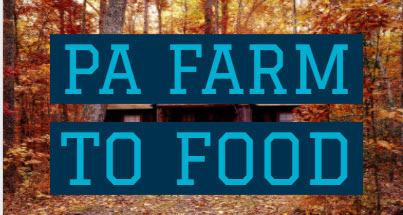Blog
Food labeling bill could cost Port of Albany manufacturer money, customers
On 25, Apr 2014 | In Blog, Featured, Uncategorized | By admin

Vermont is on the verge of becoming the first state to require labels on genetically modified foods.
A similar bill is approaching a vote in the New York State Assembly.
The bill has gained popularity in Albany, New York and among consumers, but it will likely create complications for food producers.
Alex Allen, who manages a flour mill on the Hudson River, said the passing of a labeling law for genetically modified foods would hurt his business. In industry lingo, genetically modified food is known as GMO.
“One of the biggest challenges of being a manufacturer, especially in the food industry, is complying with changing perceptions of customers,” Allen said. “People are driven by perceptions. They are scared of random foods everyday whether it has to do with GMOs, gluten or carbs.”
Horizon Milling ships 2 million pounds of flour out of the Port of Albany per day. Horizon Milling is a subsidiary of Cargill, the global food producer and marketer in the agricultural, financial and industrial sectors.
Horizon Milling receives shipments of wheat by boat, truck and rail, which it processes into flour.
Today, there is no requirement for food producers to label genetically modified foods. The proposed legislation in Albany, sponsored by Assemblywoman Linda Rosenthal (D-Manhattan), would require food producers to label genetically modified foods to consumers.
Americans overwhelmingly support the labeling of genetically modified foods. A 2013 New York Times poll shows 93 percent of respondents favor labeling.
Allen says it would be impossible to ensure that the wheat Horizon Milling is using to make flour isn’t coming into contact with other genetically modified foods.
“Who’s to know whether there was genetically modified corn in the rail car before the wheat we use to make flour was transported from the field to our plant,” Allen said. “There’s no way you can test for GMOs. They are invisible. How are you going to label a phantom?”
Foods are genetically modified to maintain size or to produce their own pesticides. There is no research proving that GMO foods pose health risks, but health concerns are the main force behind the bills in both New York and Vermont.
GMO labeling is required in more than 64 countries, including China and Japan. According to the National Conference of State Legislatures, more than two dozen states are considering GMO labeling bills.










